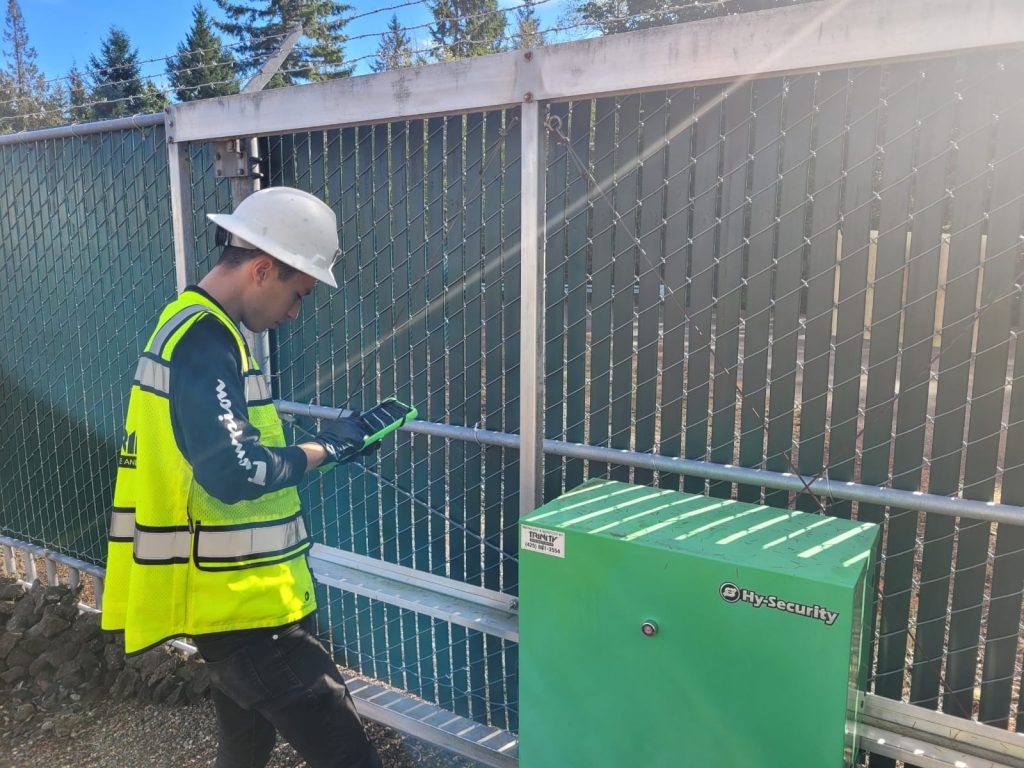Cold Storage Automation has significant advantages for cold chain establishments. It offers more efficient fulfillment, less mistakes and a more efficient use of energy.
Automatization eliminates the requirement to have people access the facility, as well as equipment. This reduces the expense of labor and the chance of injuries to people as well as damage to the product.
Temperature-Controlled Warehousing
Cold storage is essential for a variety of medicines, foods and consumer goods to ensure their quality and avoid the risk of environmental contamination. This creates a highly controlled, intricate supply chain that demands careful monitoring of temperature and a rigorous product quality evaluation. Even with these standards any interruption to cooling systems could cause contamination or even spoilage. This requires the use of new materials handling techniques that can be kept up without compromising the integrity of the product.
Automating cold storage can allow greater efficiency and productivity by reducing the cost of labor while also optimizing energy management and speeding up the processing of orders. Automated mobile robots (AMRs) and pallet shuttles equipped with batteries specifically designed to work in cold conditions can reduce the amount of time that workers spend in the rooms.
Cold storage automation enhances the process of fulfilling orders by allowing for a wider selection of products. This is accomplished by allowing workers to focus on other activities and reducing the amount of time they are spending in cold rooms. Cold storage automation can also enhance logistics by removing the requirement for human beings to handle items in poor conditions. These advantages result in the reduction of the amount of waste, quicker turnover of inventory and a more secure shipping process. This is especially important in the world of e-commerce as customers are looking for fresher items that can be delivered anytime.
Automated Storage and Retrieval Systems
Automated Storage and Retrieval Systems are computers-controlled storage and retrieval equipment. They are used to store and retrieve objects from a particular place. They are typically located in warehouses, distribution centers and manufacturing facilities like cold storage as well as manufacturing of food and beverages, pharmaceutical manufacturing, and e-commerce. AS/RS is available in a range of configurations, ranging from pallet loading systems to high-speed systems that store specific items in boxes or bins. AS/RS systems are specifically designed to take on various weights. Therefore, it is important to select the best system for your business.
AS/RS systems are highly efficient and could boost the efficiency of warehouses. They can also help reduce operating expenses by optimizing space and decreasing the use of energy, and cutting down on labor costs associated with repetitive manual work. In time the savings could yield a significant ROI.
AS/RS might be the best solution for your warehouse if you are facing small space and high energy costs. frequent picking errors and struggle to keep up with demand from customers. The investment in an AS/RS system can help you address these issues, and also gain competitive advantages by enhancing the efficiency of your supply chain. It is crucial to weigh the price of an AS/RS system with its flexibility and integration. Find a systems integrator who has years of experience and a solid reputation to ensure that the AS/RS you select meets your requirements and budget.

Internet of Things (IoT).
IoT is a new technology that is able to aid cold storage facilities with monitoring, data logging as well as remote management. The technology that connects sensors to cloud platforms, is able to detect temperature fluctuations and issue alerts, and increase efficiency of operations. The technology also can reveal new automation possibilities that could enhance processes and lower costs.
IoT can be utilized to remotely monitor temperatures at any point within the supply chain. The device will issue an alert whenever the temperature of the refrigerator rises to an appropriate degree. The provider can then redirect the shipment to another place and then store them for a short period to avoid spoilage during transport. In the United States, this kind of quick reaction could help reduce food waste by up to 40 percent.
IoT can also be utilized to reduce logistics costs by maximizing energy use. Smart HVAC systems can be programmed to switch cooling units off or on depending on temperature changes and can save the equivalent of $50 a year. IoT solutions that monitor vehicles also help cut down on the cost of logistics. Through improving the routing of vehicles, they enable them to travel more efficiently and save fuel.
IoT can also increase safety for workers in cold conditions by reducing the need for manual work. Robotic solutions, such as automated storage and retrieval (AS/RS) allows warehouses to use pallet-shuttles, conveyors, or robots that are autonomous for kho cap dong cong nghiep operations. They can also lower the chance of human errors, improve processes and boost productivity.
Robotics
Cold storage operations are complicated and require special needs. Automation can increase efficiency and speed up processes, while also delivering a significant ROI.
A planned increase in the minimum wage and a shortage of employees are causing more warehouse owners to invest in automation. It’s more crucial than ever to build the capacity to withstand future disruptions. Automation technology is becoming more adaptable and affordable.
Automating cold storage can bring numerous advantages, including the reduction of costs and labor. Automated systems, for instance can reduce the amount of door openings. This reduces heat loss and also ensures the compliance of cold chains. They also allow warehouses to make the most of space by reducing footprints and enhancing density. This helps reduce energy use. Inverters, which reuse energy, are an excellent method to improve efficiency.
Innovative storage solutions that permit greater storage capacity for pallets within the same space can also help reduce energy usage. ASRS systems, for instance they can hold pallets that are up to 5 racks high without compromising on the safety or quality. Food producers are able to store more perishable goods, and thus reduce the need to store excess stock. Regenerative technologies also collect heat from waste and utilize it to power the entire system. This increases energy efficiency. Automation of cold storage has revolutionized the business.





